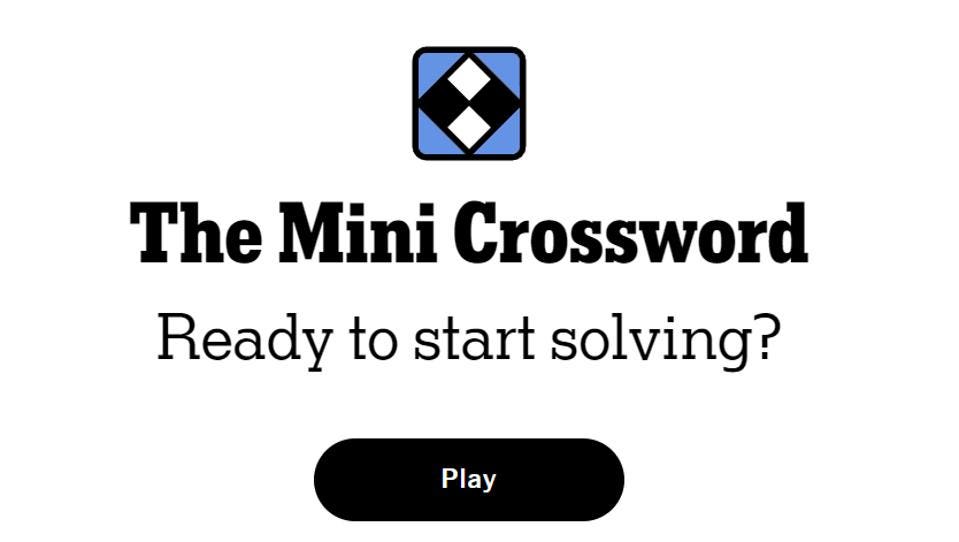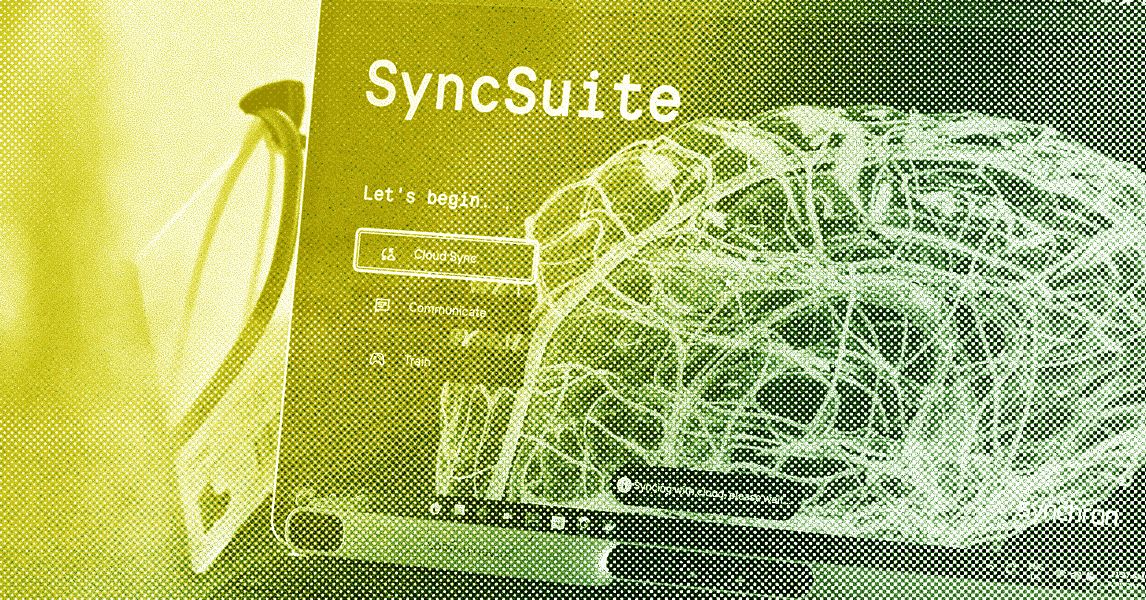If conversations with them leave you questioning what just happened and doubting your own judgment, you may be caught in the orbit of a high-conflict personality.
getty
You may have met people who seemed to be wired for conflict. They might thrive on chaos, lash out when they feel threatened or always find someone apart from themselves to blame.
While a little disagreement and conflict is normal in any relationship and even healthy if dealt with properly, some people have a tendency to turn every interaction into a battleground.
These people don’t just argue. They escalate situations unnecessarily, leaving others feeling drained emotionally. There are certain personality types that reliably create such high-conflict dynamics. According to Bill Eddy LCSW, JD, these are “high-conflict personalities.”
If you’ve ever felt like someone was always picking a fight, twisting every situation into a win-or-lose scenario or making you the villain in their story without taking responsibility for their behavior, you may have been dealing with a high-conflict personality.
Many carry traits of personality disorders. While some only display tendencies, others meet the full criteria. This makes it harder to understand their behavior and the cause behind it. Regardless, the effect they have on the people they interact with is similar.
Here are three signs you are with someone who has high-conflict tendencies.
1. They Charm You But With Strings Attached
Some people seem magnetic at first glance. They seem confident, flattering and sometimes even irresistible. They know how to win your trust quickly. However, once you’re hooked, the charm begins to feel transactional. Suddenly, they might start dismissing your feelings or subtly pulling the strings in ways that benefit them.
Researchers of a 2012 study published in Personality and Individual Differences wanted to understand how people high in the “Dark Triad traits” (narcissism, psychopathy and Machiavellianism) manage to manipulate others without being caught.
Findings showed that such individuals use a “protean strategy,” which means that instead of sticking to one tactic, they draw from a flexible toolbox of charm, seduction, intimidation or blame, depending on what gets results.
This unpredictability makes their destructive behavior harder to detect. The strategy allows them to exploit others in different relationships and situations.
While most of us seek connection, high-conflict personalities often approach relationships as opportunities to win or control others. If you frequently second-guess yourself or notice that someone’s “kindness” always comes with a catch, it may be a sign you’re caught in this dynamic.
Manipulation is not one-dimensional. Research points to four different types of reinforcements manipulators use to get their way and form an emotional hold over you:
- Positive reinforcement, like praise, gifts or attention,
- Negative reinforcement, like them removing problems or discomfort for you.
- Partial or inconsistent reinforcement, like creating fear or doubt.
- Punishment, through criticizing or shouting at you to diminish your sense of agency and self-worth.
Knowing these patterns is the first step in protecting yourself. It’s important to trust your instincts if something feels off. To bring more clarity, keep a record of interactions or decisions when you feel pressured or gaslit to see patterns objectively.
Additionally, be mindful of how much emotional energy you invest. Manipulators thrive when they drain your attention and empathy. Limit your interaction with them when possible and assert your boundaries firmly.
2. You Feel Like You’re Walking On Eggshells Around Them
Some people’s emotions can feel like an emotional rollercoaster or a storm you never see coming. One moment, they’re sending you sweet texts or making plans to spend time together. Next, they’re furious over a minor mistake or lashing out in ways that feel disproportionate to the situation.
A 2015 study published in the Journal of Personality Disorders explored how different personality disorder traits affect the stability of interpersonal behavior over time. While borderline personality disorder (BPD) is well-known for emotional and interpersonal instability, less is known about how other Personality Disorders contribute to changes in behavior over time.
Researchers followed participants for one year, measuring three aspects of interpersonal functioning:
- Generalized interpersonal distress (overall relationship difficulties)
- Agentic problems (struggles with asserting oneself)
- Communal problems (struggles with closeness or cooperation)
They found that some disorders, like borderline, avoidant, dependent and paranoid personality disorders, were linked to consistently higher interpersonal distress, while others, like antisocial, narcissistic, histrionic and schizoid personality disorders, showed lower or moderate distress.
For instance, someone high in BPD traits would have a tendency to alternate between closeness and withdrawal. Someone with antisocial traits may appear calm most of the time, but suddenly react strongly to obstacles or conflict.
These fluctuations can make you feel like you’re constantly walking on eggshells, unsure of what kind of emotions your actions might trigger in them.
The 2015 study highlights that this kind of interpersonal volatility arises from broader patterns of personality traits, such as impulsivity or difficulty managing social interactions.
Research has also shown that emotional dysregulation plays a major role in these unpredictable reactions.
A 2023 review of studies on BPD found that individuals with high emotional instability often engage in anger rumination. This can trigger sudden outbursts or aggressive behaviors. This tendency to dwell on anger essentially acts as a bridge between internal emotional instability and external behavior. Even minor events can quickly escalate into disproportionate reactions.
This explains why being around someone with these traits can feel so unpredictable. Their emotions can swing rapidly and small actions may unintentionally provoke strong responses, leaving you feeling tense or overly cautious in interactions with them.
To navigate emotional volatility, understand what behaviors are acceptable to you and create clear boundaries with the ones that are not.
Their emotional swings may trigger your own stress, but reacting impulsively can worsen the situation. So, pause before responding and try to remain neutral during their outbursts. If it feels appropriate, gently suggest discussing feelings or triggers once emotions have cooled down.
Direct confrontation during an emotional high can intensify instability. Know that it is important to give yourself space to recharge when needed. Some patterns of volatility may be harmful over time. Beware of when disengaging or limiting interactions is necessary for your own safety and well-being.
3. Distrust Is Their Default
Some people default to assuming the worst in others. They may constantly question your motives or hold unnecessary grudges even when no real threat or provocation exists.
Research published in the Journal of Experimental Psychopathology looked at how different aspects of paranoia affect social relationships and emotional well-being.
Researchers measured paranoia, social anxiety, depression, loneliness and perceptions of social relationships. They found that certain paranoid thoughts, like ideas of reference (believing that neutral events are directed at oneself) and ideas of persecution (believing others intend to harm you), were strongly linked to perceived hostility and perceived rejection in relationships.
Ideas of reference were also associated with social anxiety, and loneliness was closely tied to depression. The most central factors in the network were perceived rejection and loneliness.
This study shows that paranoia impacts how people experience social situations and their emotions.
Interacting with a person who defaults to distrust can be exhausting and stressful. Even kind gestures or neutral actions can be misinterpreted as hostile or manipulative. This makes it difficult to build trust or feel secure in the relationship. Over time, this can be frustrating as you’re never quite sure how your words or actions will be perceived.
Dealing with someone who constantly assumes the worst can be challenging. Remember to stick to simple and transparent communication to avoid any kind of misinterpretation.
At the same time, paranoid individuals may fixate on details. So, avoid over-justifying yourself, as it can sometimes backfire. Trust is built slowly in a relationship, which makes it important to demonstrate consistency in actions and follow through on promises on both ends.
Untangling Yourself From Chaos
When you’re dealing with high-conflict individuals, it’s quite normal to feel consumed by their behavior and even question yourself. This makes it very important to talk to others, maybe your trusted friends, family or professionals, so you can gain perspective and avoid internalizing their behavior. Constantly remind yourself that their actions reflect their patterns and not your worth.
Simultaneously, it helps to become aware of your own conflict patterns. Sometimes without realizing it, you might be reinforcing unhealthy cycles that keep the conflict alive. Awareness of these tendencies does not mean blaming yourself. It simply helps you respond consciously instead of reacting automatically.
Ultimately, you can offer support and understanding, but protecting your well-being is equally important. Setting boundaries or stepping back from the relationship when it becomes too draining is not a failure. It is sometimes a necessary step to keep your emotional stability intact, no matter how hard it feels.
Curious how your own conflict patterns show up in relationships? Take the science-backed Ineffective Arguing Inventory to see what’s helping and what’s hurting









